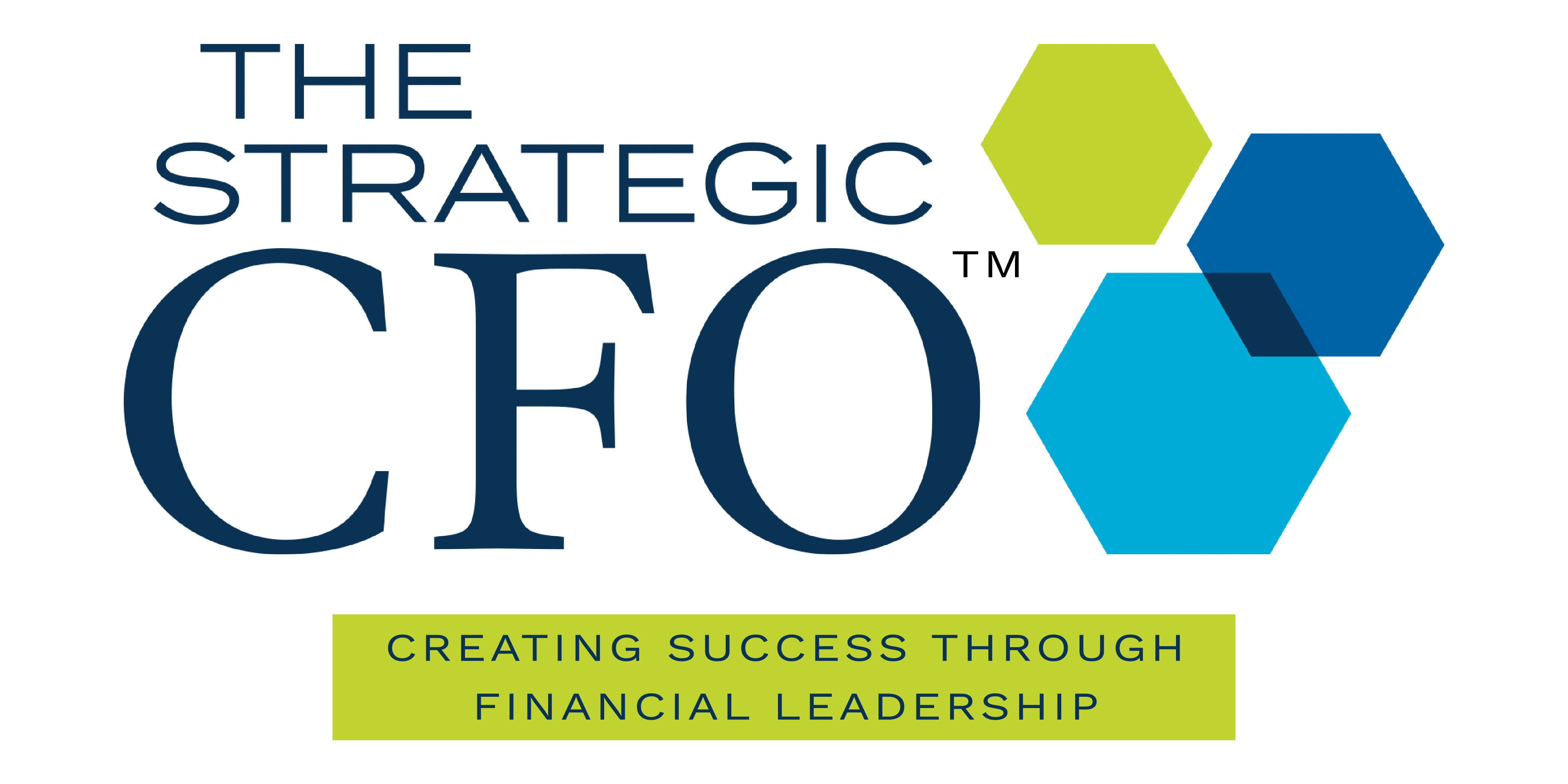Exit Strategy » Assess Readiness for Market
Selling a Business: Timing is Everything
Selling your business successfully hinges not only on your personal preparedness but also crucially on the prevailing market conditions.
The Importance of Strategic Timing
In the realm of mergers and acquisitions (M&A), the foundational principle is clear: buy low, sell high. Capitalizing on a robust market allows you to realize the highest possible valuation for your company. Conversely, selling during an economic downturn could severely diminish your potential returns.
Critical Market Factors to Evaluate
Before making a decision, carefully consider the following key market indicators:
- Industry Trends: Is your sector experiencing growth, stability, or contraction?
- Economic Climate: How are factors like inflation, interest rates, and potential recessions impacting business valuations?
- M&A Activity: Are comparable companies being acquired at attractive multiples?
- Business Cycle Position: Is the overall economic outlook expected to improve or worsen in the short to medium term (2-3 years)?
Making the Decision: Sell Now or Wait?
- Waiting for Improvement: If your industry is currently weak but showing signs of recovery, delaying your sale by 1-2 years could significantly increase your valuation.
- Acting in Stability: If your market is stable and your business is well-prepared for a sale, proceeding now might be the optimal strategy.
The Takeaway: Maximize Value Through Market Awareness
Ultimately, market conditions can be the deciding factor in the success of your exit strategy. A comprehensive market analysis is essential for identifying the ideal moment to sell and maximize the value of your business.
[gravityform id=”43″ title=”true” description=”true”]


